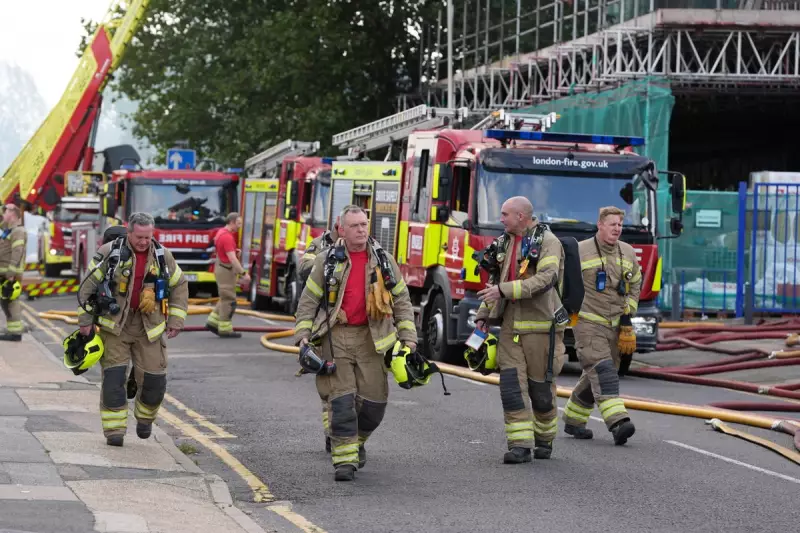
The Fire Brigades Union (FBU) has issued a stark warning that years of government underfunding have left fire services dangerously stretched as they approach one of their busiest periods of the year.
Dangerous Shortages During Peak Period
With Bonfire Night approaching, the union reveals that fire services across Britain are operating with 11,500 fewer firefighters compared to 2010 levels, despite a significant increase in emergency calls. This represents a shocking 20% reduction in frontline staff during a period when demand for emergency services typically spikes.
"Crisis Point" Reached
FBU officials describe the situation as having reached "crisis point," with many fire stations forced to close and remaining crews facing overwhelming pressure. The union's analysis shows that while emergency incidents have risen by 11% across the UK, the resources to handle them have been systematically stripped away.
Government Failure on Public Safety
The Conservative government faces mounting criticism for what the FBU describes as "a decade of deliberate destruction" of fire and rescue services. Despite repeated warnings from industry experts and emergency service leaders, funding continues to fall while demands on the service increase in complexity and volume.
Public Safety Compromised
This funding crisis doesn't just affect response times to fires. Modern fire services handle a wide range of emergencies including:
- Road traffic collisions
- Flood rescue operations
- Chemical spill incidents
- Building collapse responses
- Medical emergencies
The current shortages mean that all these essential services face potentially dangerous delays, putting communities at risk across the country.
Call for Urgent Action
The Fire Brigades Union is demanding immediate government intervention to address what they term a "public safety emergency." They argue that proper investment in fire services isn't just about responding to emergencies but is crucial for preventative community safety work that saves lives.
As the nights draw in and fire risks increase, the question remains whether the government will act before a major incident exposes the true cost of these cuts to public safety.





